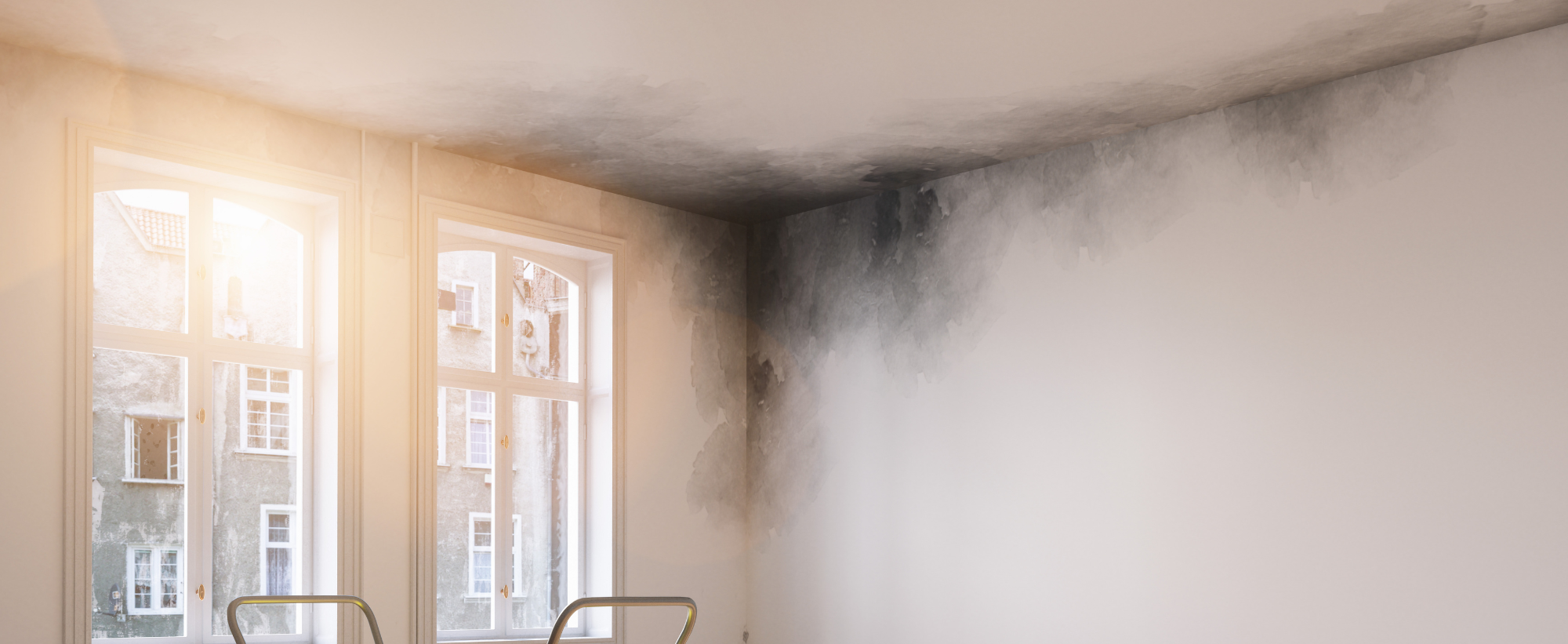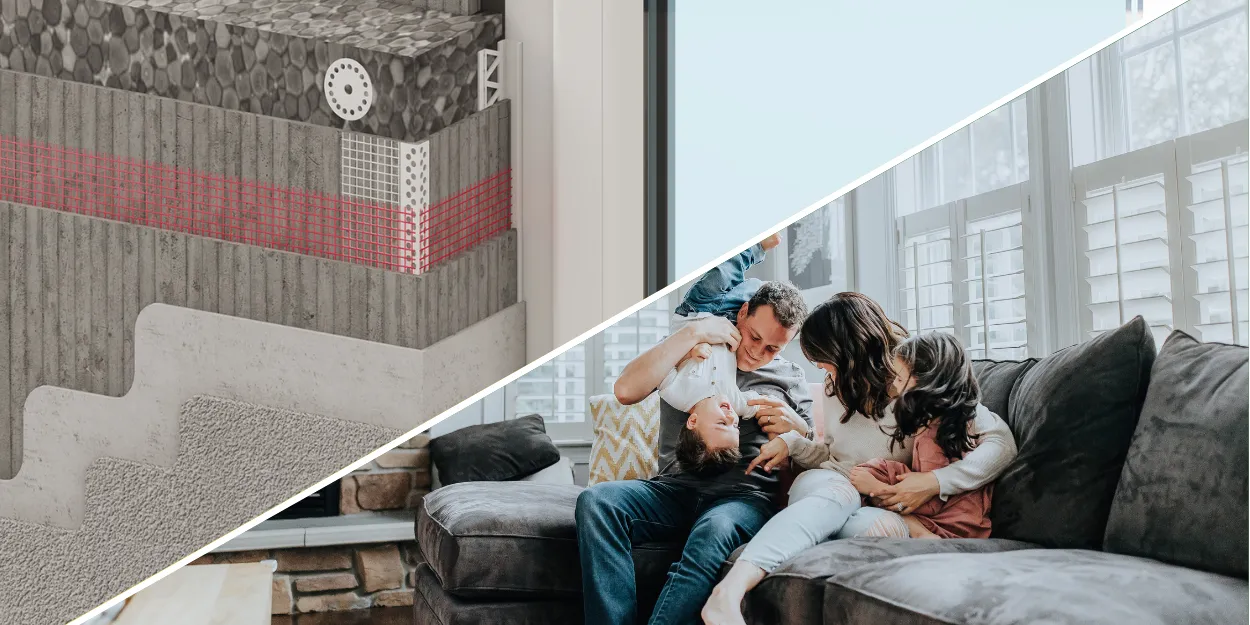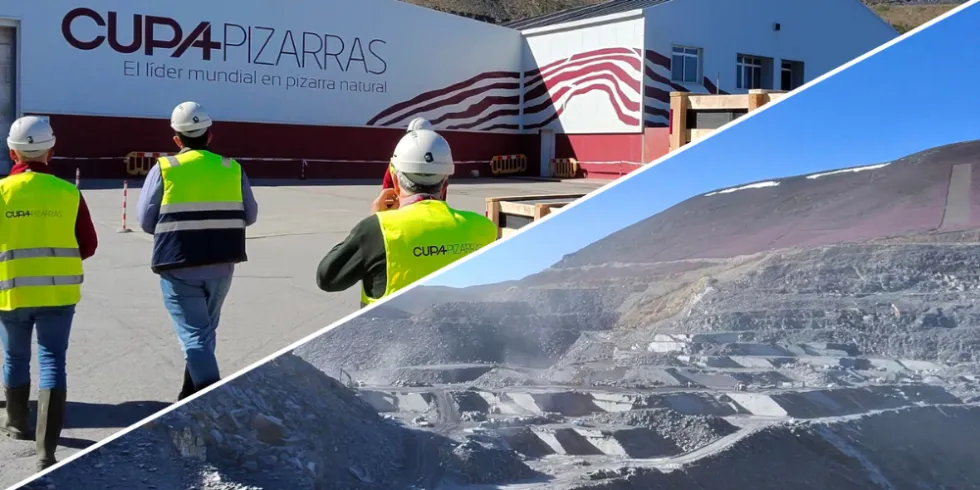One of the major issues found within the British housing stock, especially solid wall buildings, is dampness. This can present itself in several ways: water ingress, condensation, and rising damp, which can cause structural damage to the fabric of the property, unsightly staining, unpleasant odours, and health issues, such as Asthma. External wall insulation is a great solution to such issues, an effective way of protecting the building and improving your home’s overall energy efficiency.
External wall insulation, (EWI) is a multi-layered insulation and render system designed to be applied to the outside of a property providing both strong and robust protection against the elements, improving aesthetics whilst creating a warm cosy environment to live in. Here are some more details on how EWI works to protect a building from damp:
- Barrier against moisture: EWI provides a barrier between the external elements and the internal structure of the building. This barrier can help to keep rainwater out and reduce the risk of damp occurring. When EWI is installed, it is essential that a DPC is identified and is intact to prevent moisture from the ground rising which is known as rising damp. Therefore, it is imperative that a full survey of the property is carried out before any works are agreed
- Improved airtightness: External Wall Insulation (EWI) is designed to wrap a building in a protective thermal layer, which significantly improves its airtightness. By sealing gaps and cracks in the walls, EWI prevents drafts and uncontrolled air leakage, drastically reducing heat loss. This improved airtightness is a key factor in boosting a home’s energy efficiency, as the warm air generated inside is kept from escaping.
- Ventilation: While EWI’s airtightness is great for energy savings, it can also trap moisture and stale air inside. Activities like cooking, showering, and even breathing release water vapour, which, without an escape route, can build up and lead to condensation on cool surfaces, causing damp and mold. To counteract this, EWI installations must incorporate ventilation methods like passive air bricks, window trickle vents, or mechanical systems such as extractor fans and Heat Recovery Ventilation (HRV) units to ensure a healthy indoor environment.
- Durability: EWI is made from high-quality materials that are resistant to the elements and can withstand the wear and tear of daily life. This means that it can provide long-lasting protection for your building and prevent damp from occurring over time.
In conclusion, EWI is an effective way to protect a building from damp. It provides a barrier against moisture, improves airtightness, and when combined with ventilation offers the complete solution for any condensation/damp issues. EWI is also a durable solution that can provide long-lasting protection for your building.
Should you require any further information regarding EWI, the suitability of your property or require contact details of a Licata approved contractor. Please do not hesitate to contact us.



